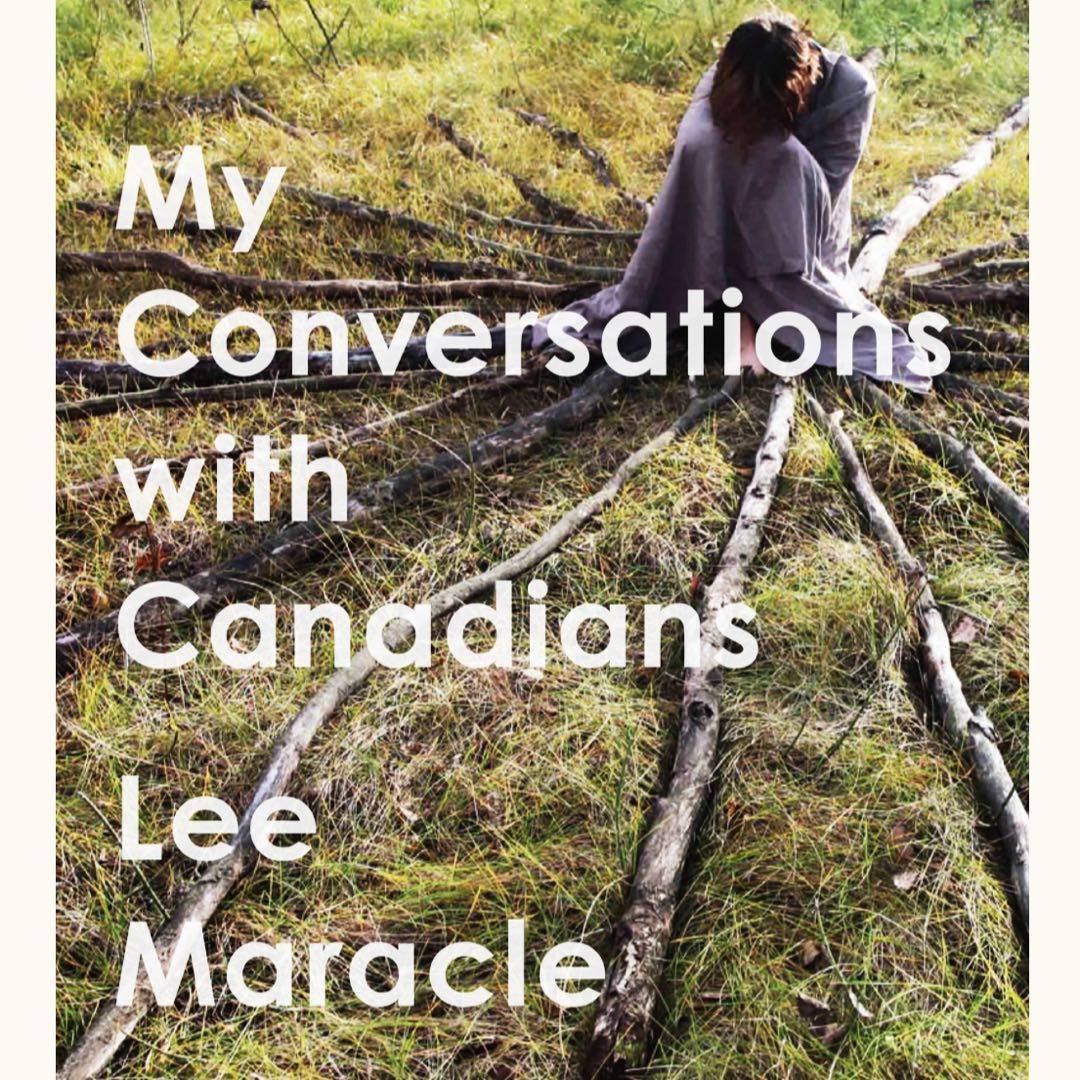
Happy Canada day. Just started this last week and it‘s incredible so far.

Happy Canada day. Just started this last week and it‘s incredible so far.
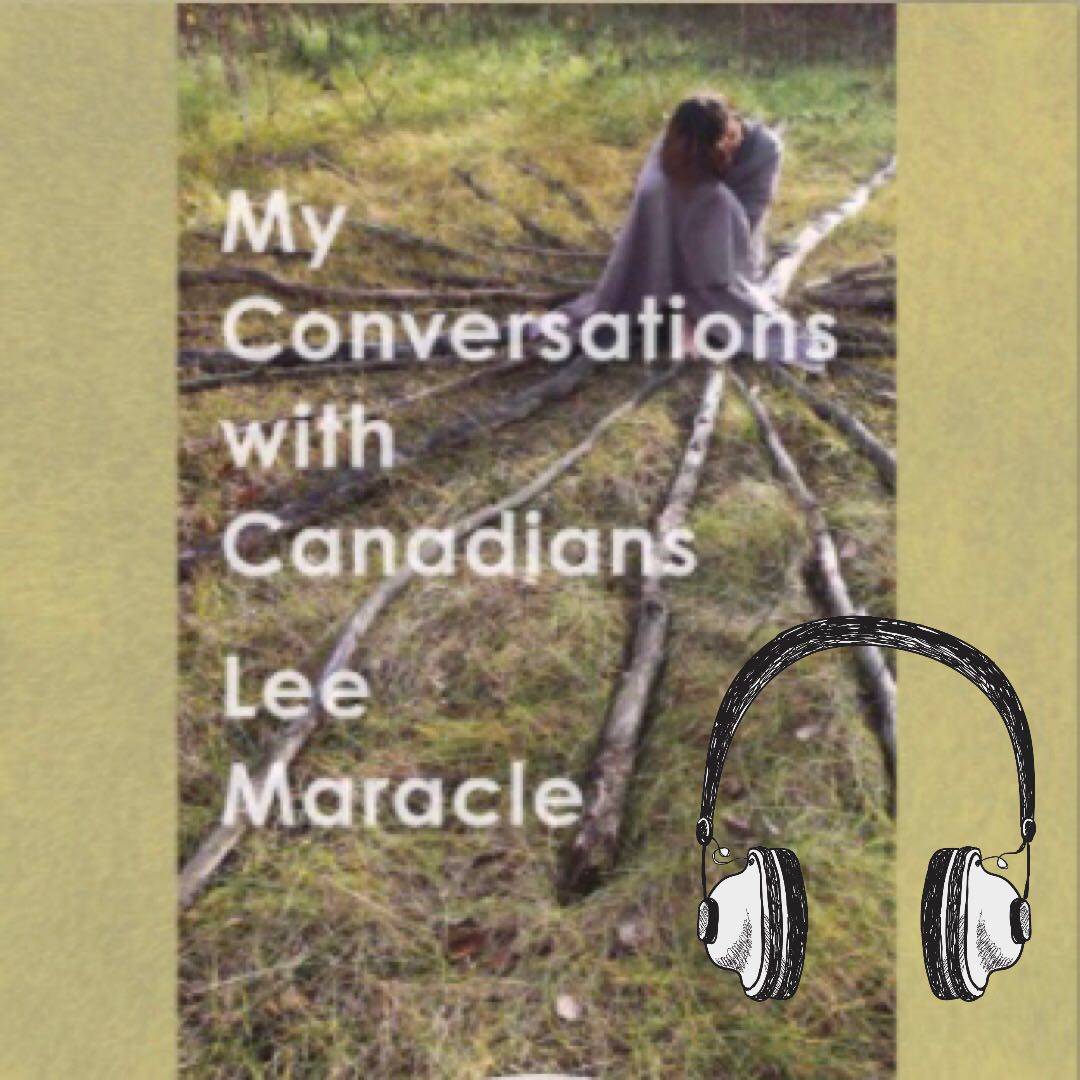
A collection of provocative essays by Sto:lo writer Lee Maracle. She doesn‘t pull punches and sometimes doesn‘t let facts get in the way of a good story (treatment of Chinese railway workers was grossly unjust, but there‘s no evidence that they were intentionally “killed instead of paid”). Maracle‘s take on marginalization (it depends on whose viewpoint is at the centre) and cultural appropriation were particularly interesting to me. #Indigenous
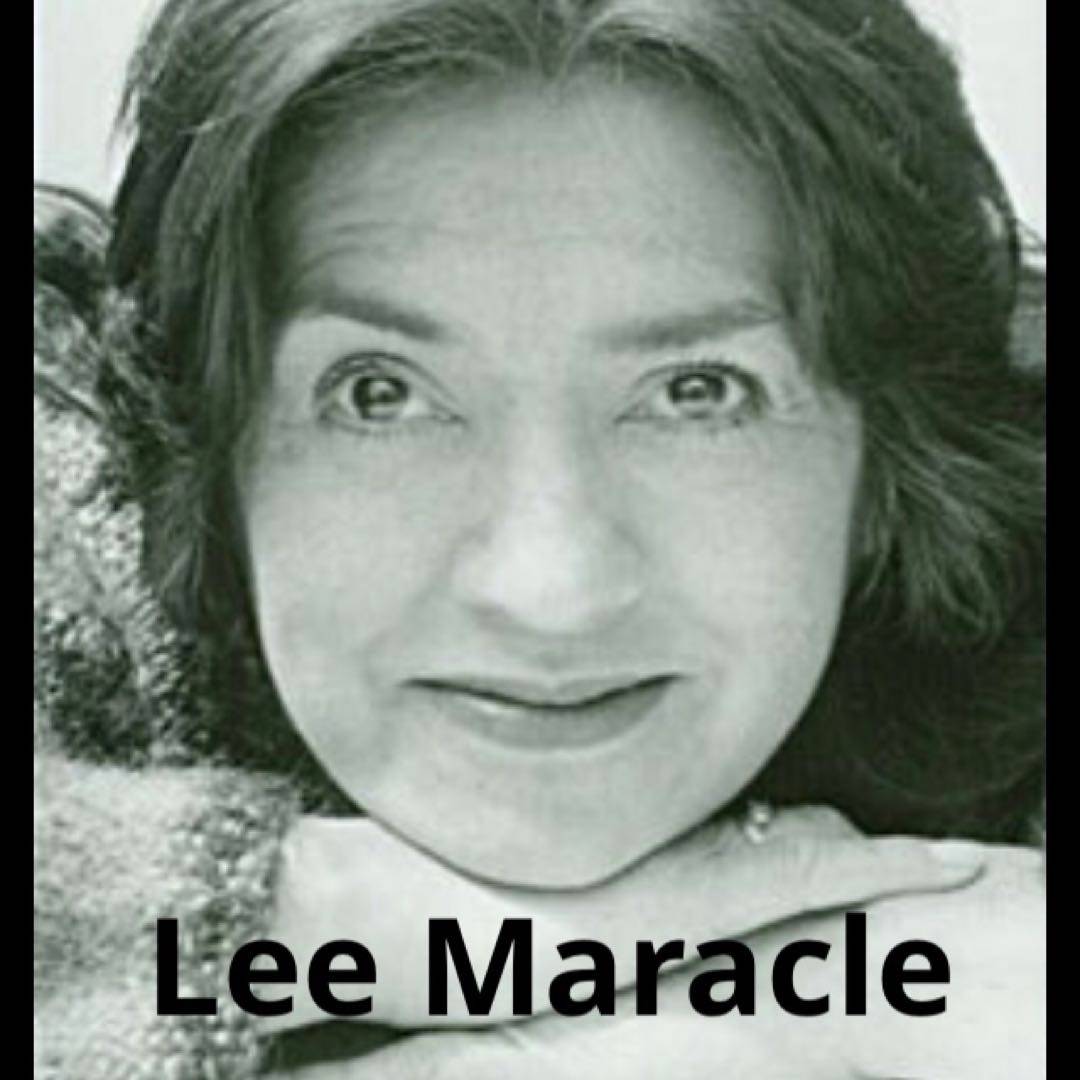
About halfway through the question and answer period an older man got up and bellowed out his question: “What are you going to do with us white guys? Drive us into the sea?”
I stared at him for awhile, thinking. […]
I said, “Thank you, that you think I could.”
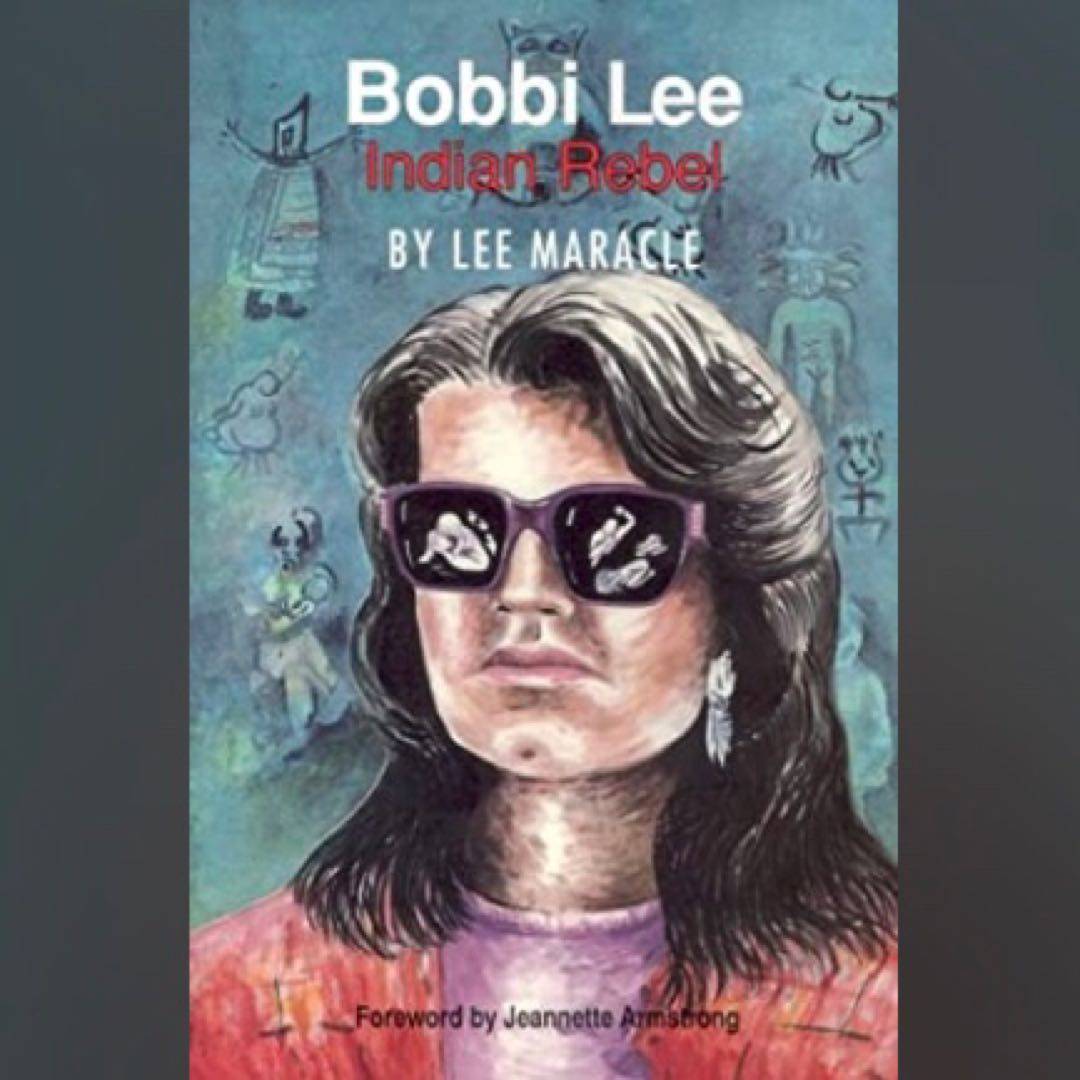
A common audience question when Lee Maracle was giving author readings of her autobiographical Bobbi Lee Indian Rebel (published in 1990) was: “Who wrote it for you?”
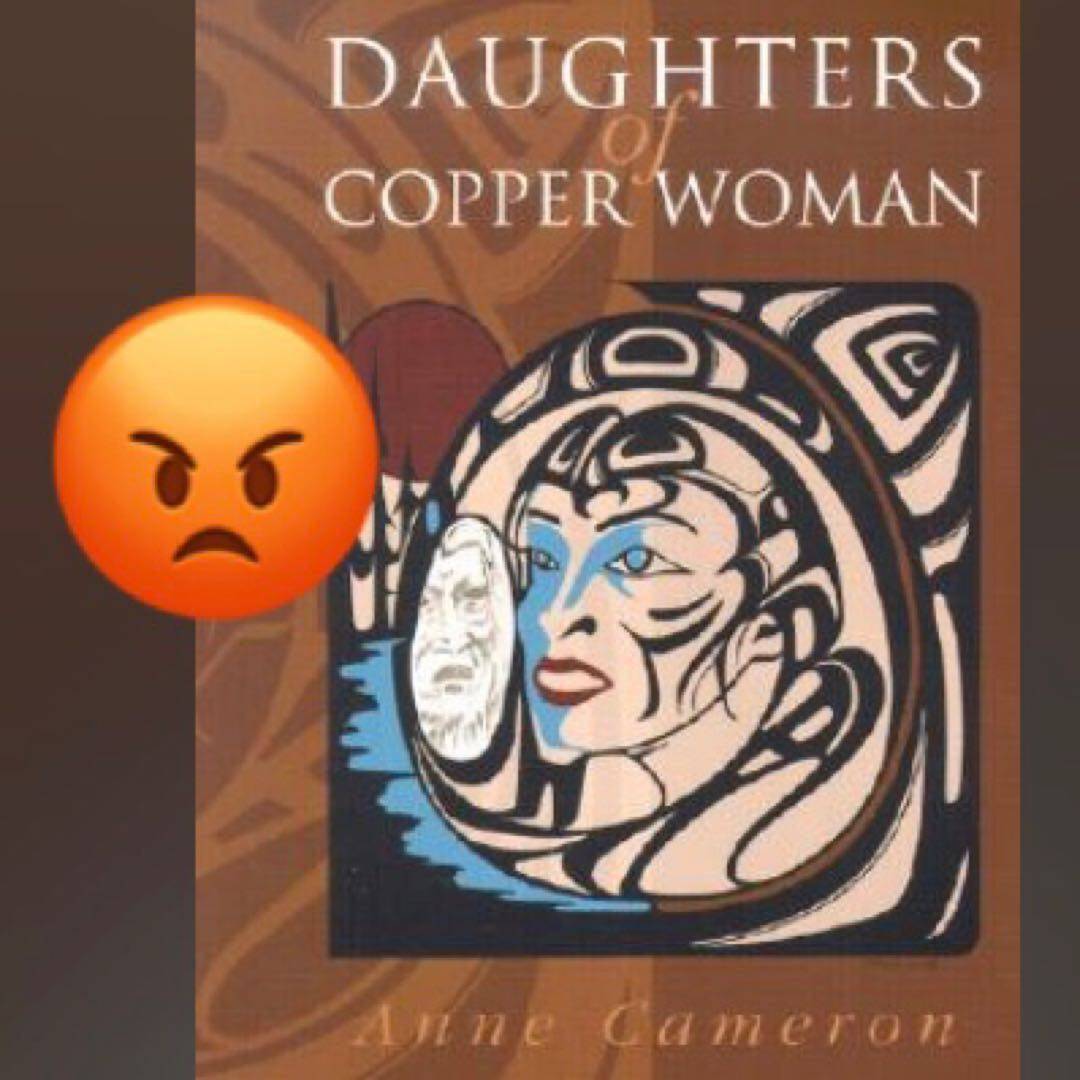
I asked Anne Cameron to stop stealing our stories. […] We did not own property & we gave away all our possessions during potlatches & potlatched as often as possible in our lifetime. All we owned was our stories, our songs & our names. This is our private clan family wealth. That was our private property.
Hey #canadians does anyone know if I can mail a box of salt to my friend in the US?
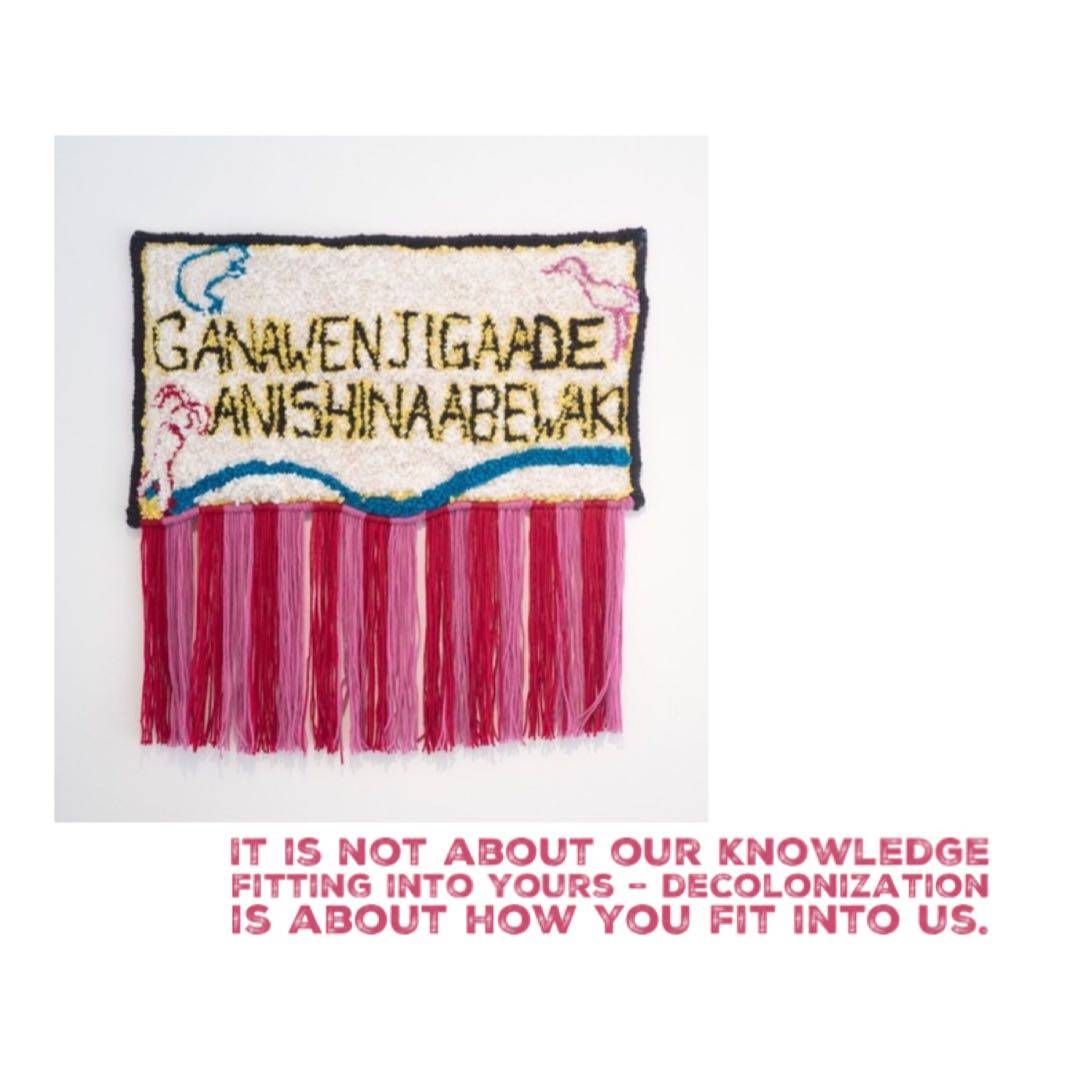
This quote is from the Anishinaabe visual artist, filmmaker, and arts educator from Couchiching First Nation, Susan Blight (quoted in Lee Maracle‘s My Conversations With Canadians)
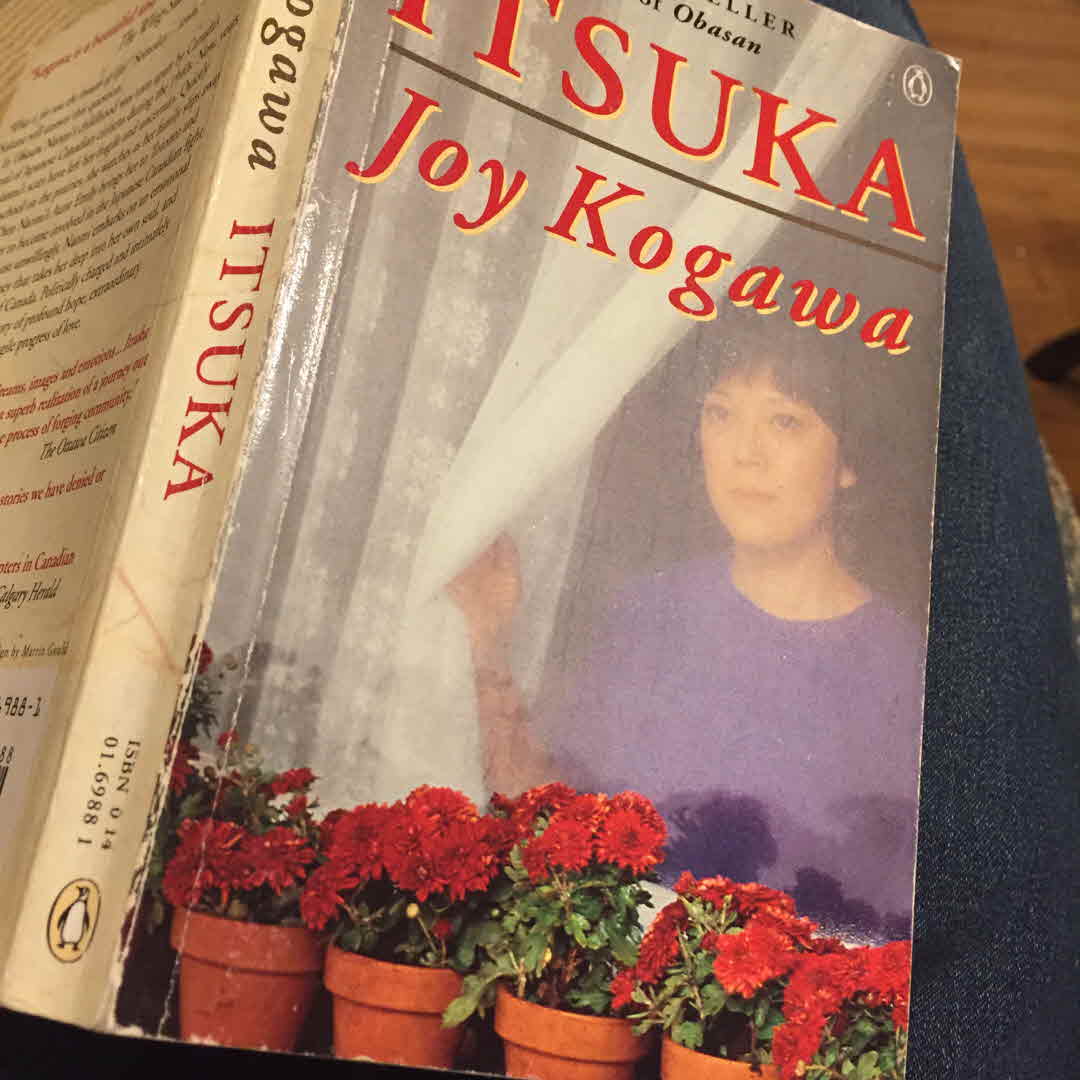
If you would have told me ahead of time that this novel would be #political in style, I certainly would not have read it now. However, I‘m rooting for the #Japanese #Canadians to get redress from the Canadian government. I know what happened in real life. I want to see how the action plays out in the rest of this novel, though. I‘m enjoying this read very much so far.
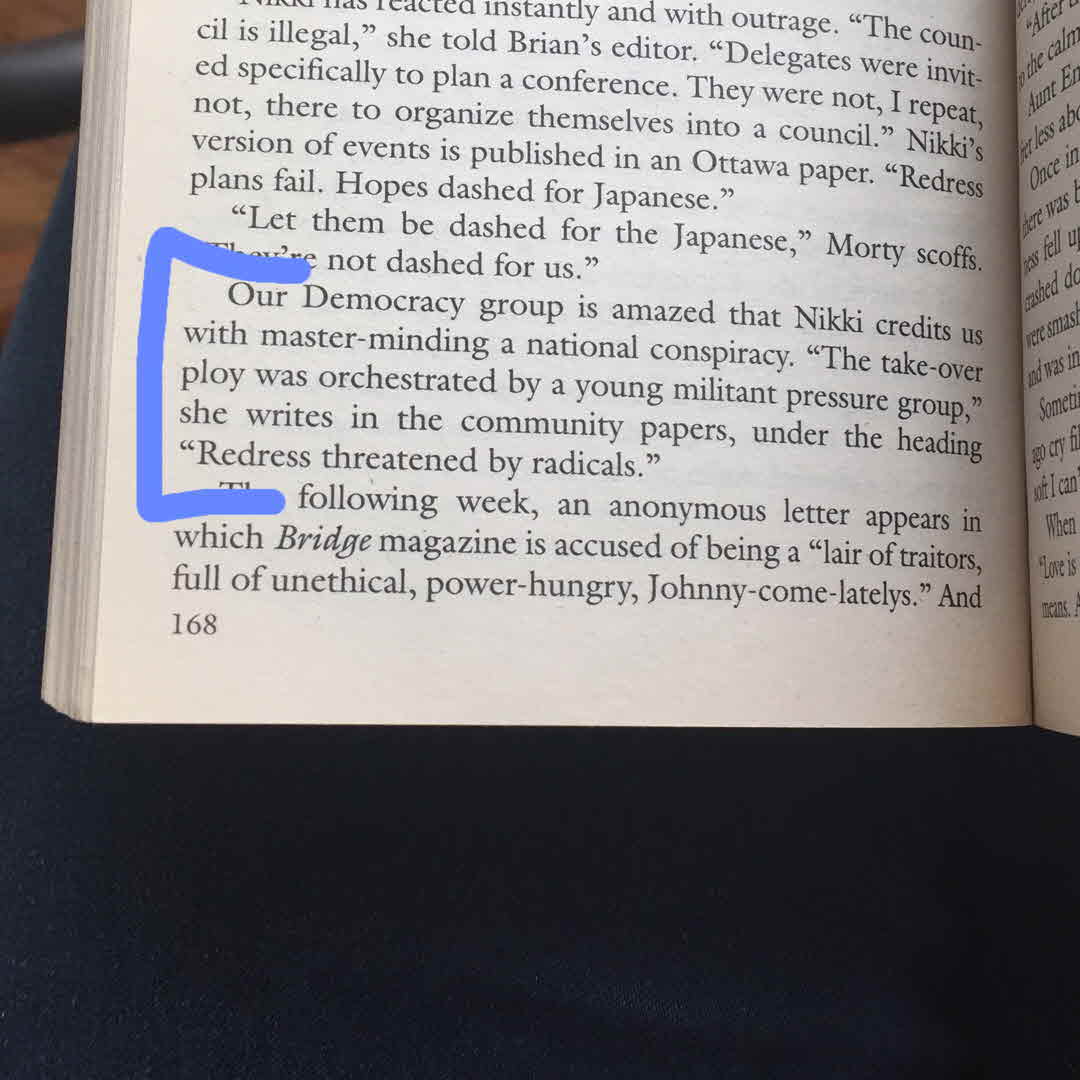
This part of the book is about #Japanese #Canadians meeting to form a grass roots movement seeking redress for the measures taken by the Canadian government against Japanese Canadians after #WorldWarII. What particularly struck me was the label “radicals” applied to that grass roots movement seeking political clout. Sadly, this label is more widely used than solely in Canada‘s history.
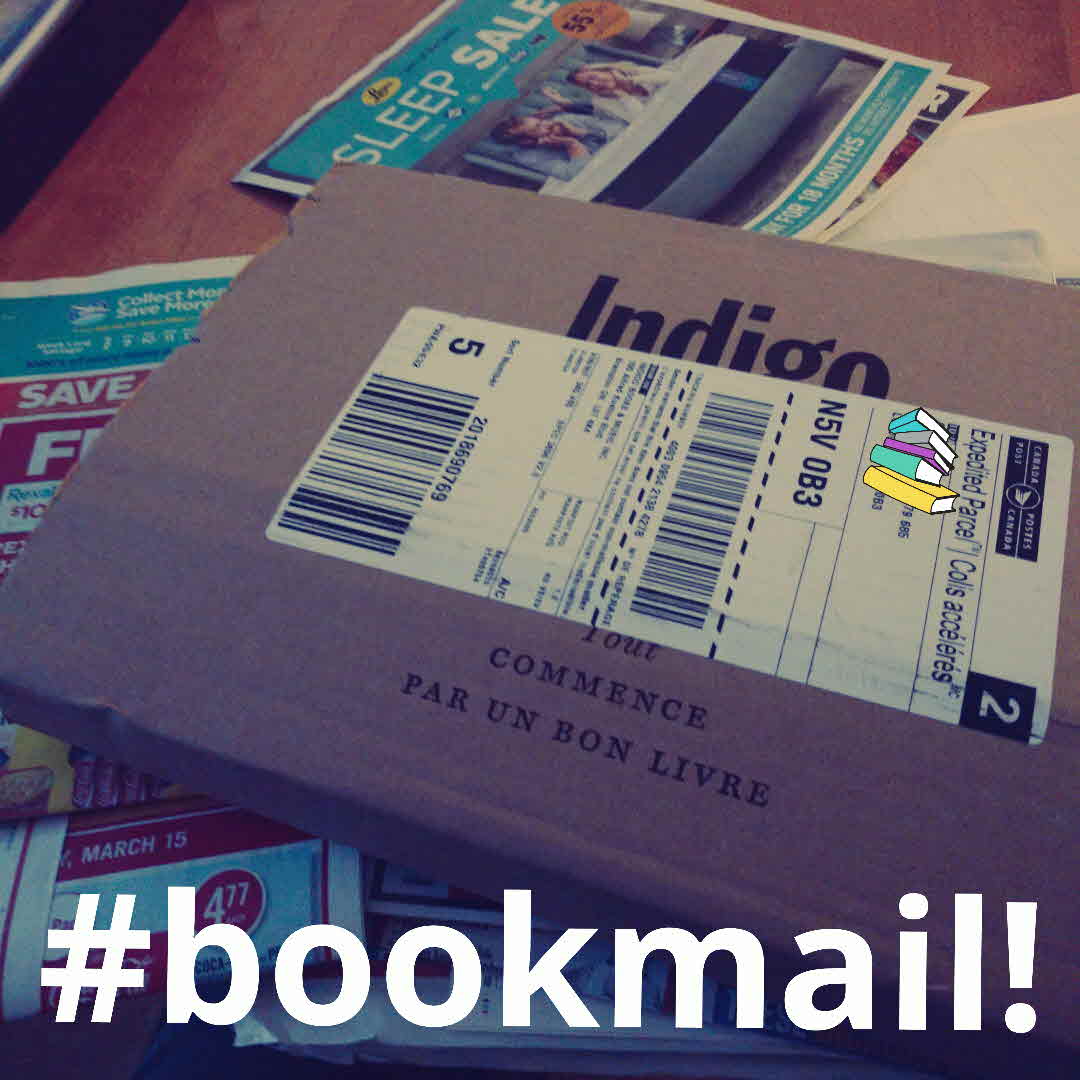
"Maaail caaaaaall in the camp office!" Do any of my fellow #canadians remember Camp Caribou? They used to show it on YTV. I think only about 20 of us watched it when we were kids.
Aaaaanyway, yay for #bookmail! Also #junkmail. I'm so glamourous.